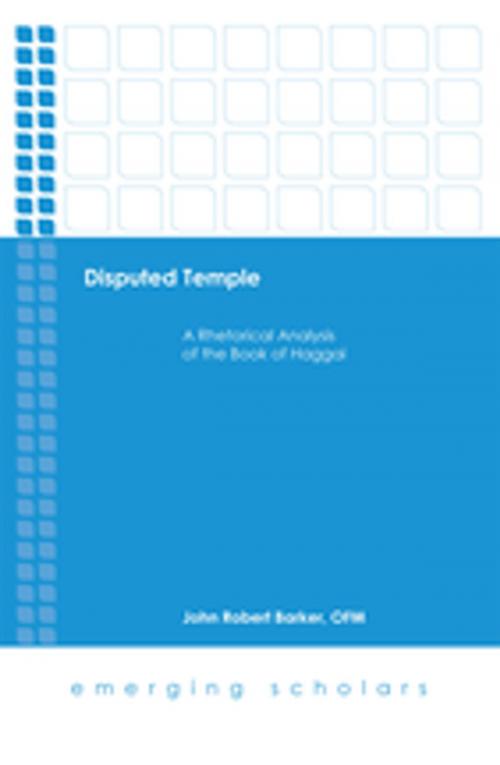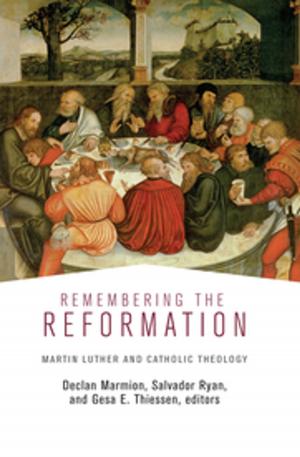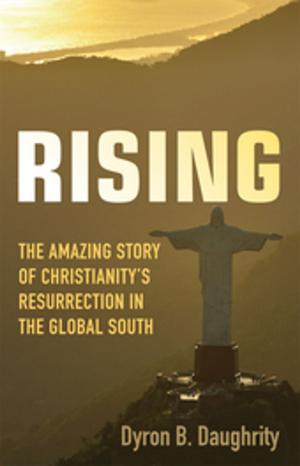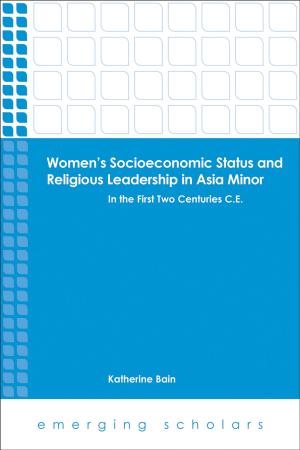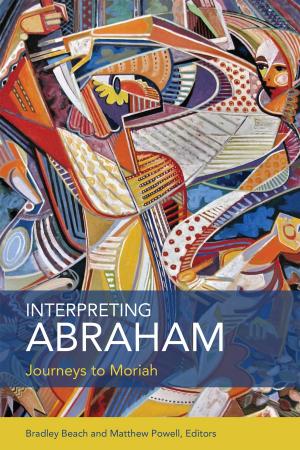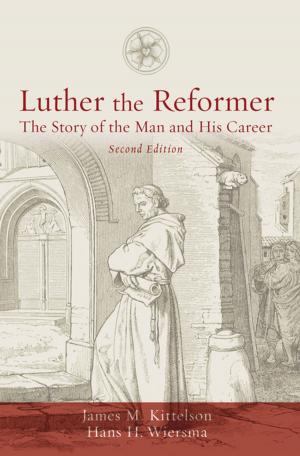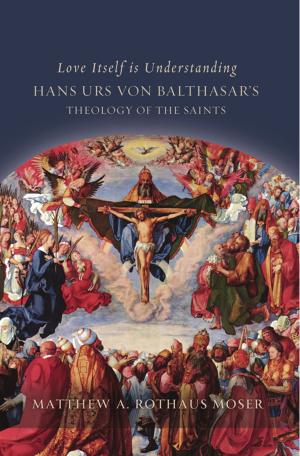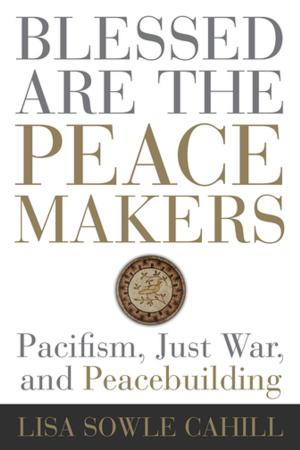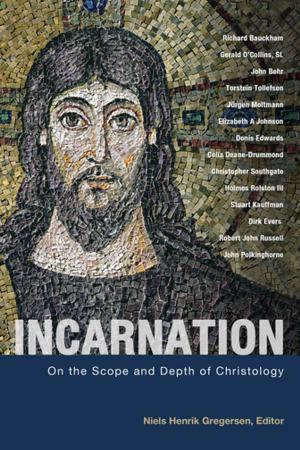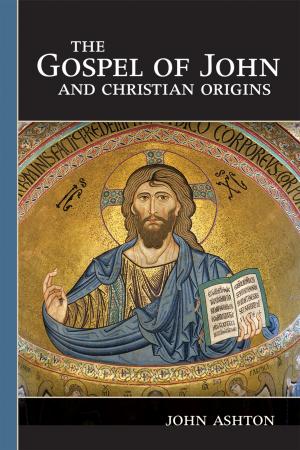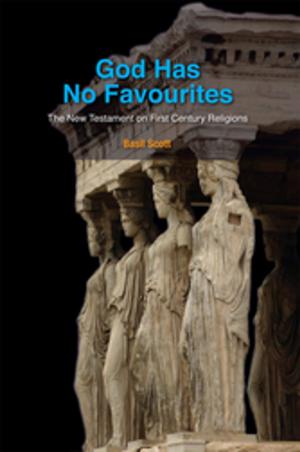Disputed Temple
A Rhetorical Analysis of the Book of Haggai
Nonfiction, Religion & Spirituality, Bible & Bible Studies, Old Testament, Criticism & Interpretation| Author: | John Robert Barker | ISBN: | 9781506438429 |
| Publisher: | Fortress Press | Publication: | November 15, 2017 |
| Imprint: | Fortress Press | Language: | English |
| Author: | John Robert Barker |
| ISBN: | 9781506438429 |
| Publisher: | Fortress Press |
| Publication: | November 15, 2017 |
| Imprint: | Fortress Press |
| Language: | English |
The prophet Haggai advocated for the rebuilding of the temple, destroyed by Babylon, in the tumultuous period of reconstruction under Persian dominion; so much is evident from a surface reading of the book . John Robert Barker goes further, using rhetorical criticism of the prophet‘s arguments to tease out the probable attitudes and anxieties among the Yehudite community that saw rebuilding as both undesirable and unfeasible. While some in the community accepted the prophet‘s claim that YHWH wanted the temple built, others feared that adverse agricultural and economic conditions, as well as the lack of a royal builder, were clear signs that YHWH did not approve or authorize the effort. Haggai‘s counterarguments-that YHWH would provide for the temple‘s adornment, would bring prosperity to Yehud once the temple was built, and had designated the Davidide Zerubbabel as the chosen royal builder-are combined with his vilification of opponents as unclean and non-Israelite. Barker‘s study thus allows Haggai to shed further light on the socioeconomic conditions of early Persian-period Yehud.
The prophet Haggai advocated for the rebuilding of the temple, destroyed by Babylon, in the tumultuous period of reconstruction under Persian dominion; so much is evident from a surface reading of the book . John Robert Barker goes further, using rhetorical criticism of the prophet‘s arguments to tease out the probable attitudes and anxieties among the Yehudite community that saw rebuilding as both undesirable and unfeasible. While some in the community accepted the prophet‘s claim that YHWH wanted the temple built, others feared that adverse agricultural and economic conditions, as well as the lack of a royal builder, were clear signs that YHWH did not approve or authorize the effort. Haggai‘s counterarguments-that YHWH would provide for the temple‘s adornment, would bring prosperity to Yehud once the temple was built, and had designated the Davidide Zerubbabel as the chosen royal builder-are combined with his vilification of opponents as unclean and non-Israelite. Barker‘s study thus allows Haggai to shed further light on the socioeconomic conditions of early Persian-period Yehud.
